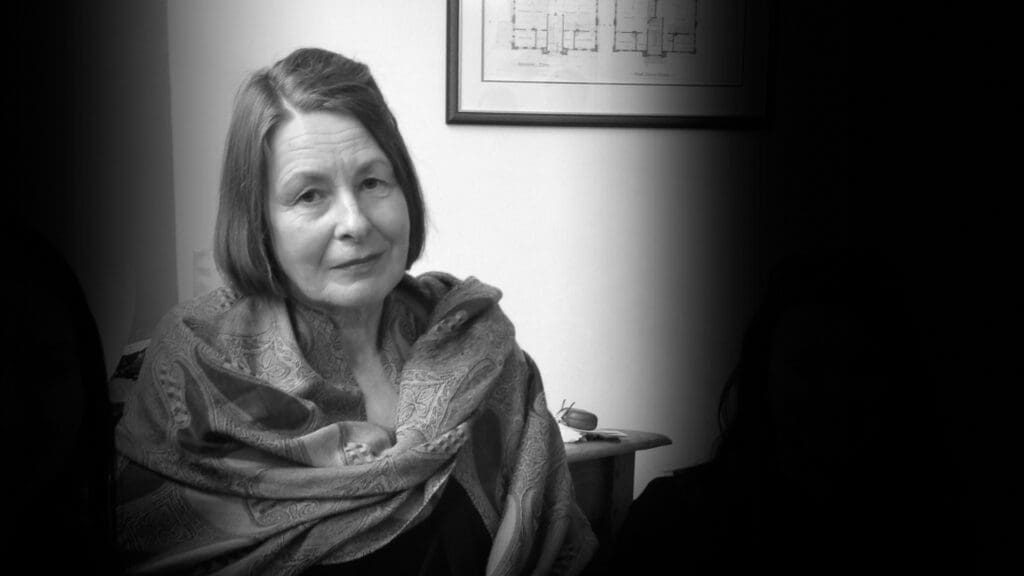Sanmati Verma wins John Gibson Award for work defending the rights of people seeking safety
This week the International Commission of Jurists, Victoria announced Sanmati Verma, Managing Lawyer with the Human Rights Law Centre, as the winner of the 2022 John Gibson Award for her work defending the rights of refugees and people seeking asylum.
The selection panel for the award this year included Justices Bromberg and Mortimer of the Federal Court of Australia, President Emerton of the Court of Appeal, leading refugee advocate Nyadol Nyoun as well as prominent academics. The award recognises the critical role the legal profession plays in the protection of human rights and advocacy for refugees.
Before joining the Human Rights Law Centre, Verma was the partner of specialist immigration firm Clothier Anderson. While in that role, she conducted a significant public interest litigation practice, focussing on the rights of people in immigration detention, subjected to visa cancellation or adverse action by Australia’s security agencies.
In accepting the award, Verma highlighted the courage of the people she represents but noted the stark regression, over decades, for the rights of people seeking a permanent home in Australia:
I am humbled beyond words. I would like to acknowledge that my work is undertaken on land that is stolen and still the subject of active contestation. I would like to pay my respect to First Nations people and their leadership of struggles for social justice in this country.
Everything I do is informed by the bravery and vision of the people I represent, who are willing to put everything on the line to build a better world for themselves, their families, their entire communities. I am indebted to the generosity of my colleagues who made me believe that I could be a lawyer, and then taught me how to do that.
When my family came to Australia, whatever hardships we faced, and there were many, our experience was historically privileged. We became permanent residents, later citizens. Those are fundamental rights, but they are extended to fewer and fewer people.
In the year my sister was born, mandatory immigration detention was instituted as a supposedly stop gap-measure. It is now the defining feature of the migration system. When I finished high school, John Howard re-engineered temporary work and student visas and convinced us that people should be made to work and pay for the privilege of being in Australia – and that, as a result, they might be here for five, ten, twenty years without ever being able to make a permanent home.
When I started my first job as a lawyer, the Labor government reopened mass detention centres on Nauru and Manus Island. We recently marked ten years of their operation.
Over the course of my life, the migration system has been repurposed to generate uncertainty and suffering on a vast scale. Our task, I think, is to see it as a whole and attack it from all angles. It is a formidable task, but I’m convinced that we will prevail.
About the John Gibson Award
The John Gibson Award is awarded in honour of the late John Gibson. John was a scholar, barrister and an outstanding and tireless human rights and refugee advocate. He was respected both in Australia and internationally for his knowledge of refugee law, his advocacy for refugees and asylum seekers, and his leadership of Australia’s refugee sector. Each year the award is given to an individual who has advanced and promoted refugee issues in the public domain.
Media Enquiries
Chandi Bates
Media and Communications Manager

Legal challenge filed against Tasmanian Parole Board’s decision to gag free speech
The Human Rights Law Centre has filed legal proceedings on behalf of Tasmanian grandmother, Susan Neill-Fraser, to challenge a restrictive parole condition placed on her by the Tasmanian Parole Board seeking to limit her ability to speak to the media.
Read more
University of Melbourne urged to drop repressive anti-protest and surveillance policies
The University of Melbourne is being urged to abandon policy changes that restrict staff and students’ right to protest and permit the widespread surveillance of people using their wifi network.
Read more
Expanded protections for marginalised groups welcomed in Allan Government’s anti-vilification laws
The Human Rights Law Centre welcomes the additional protections for marginalised groups in anti-vilification laws passed today by the Allan Government. These laws expand protections from vilification to include people from LGBTIQA+ and disability communities, and provide communities with important civil law avenues to address vilification.
Read more


